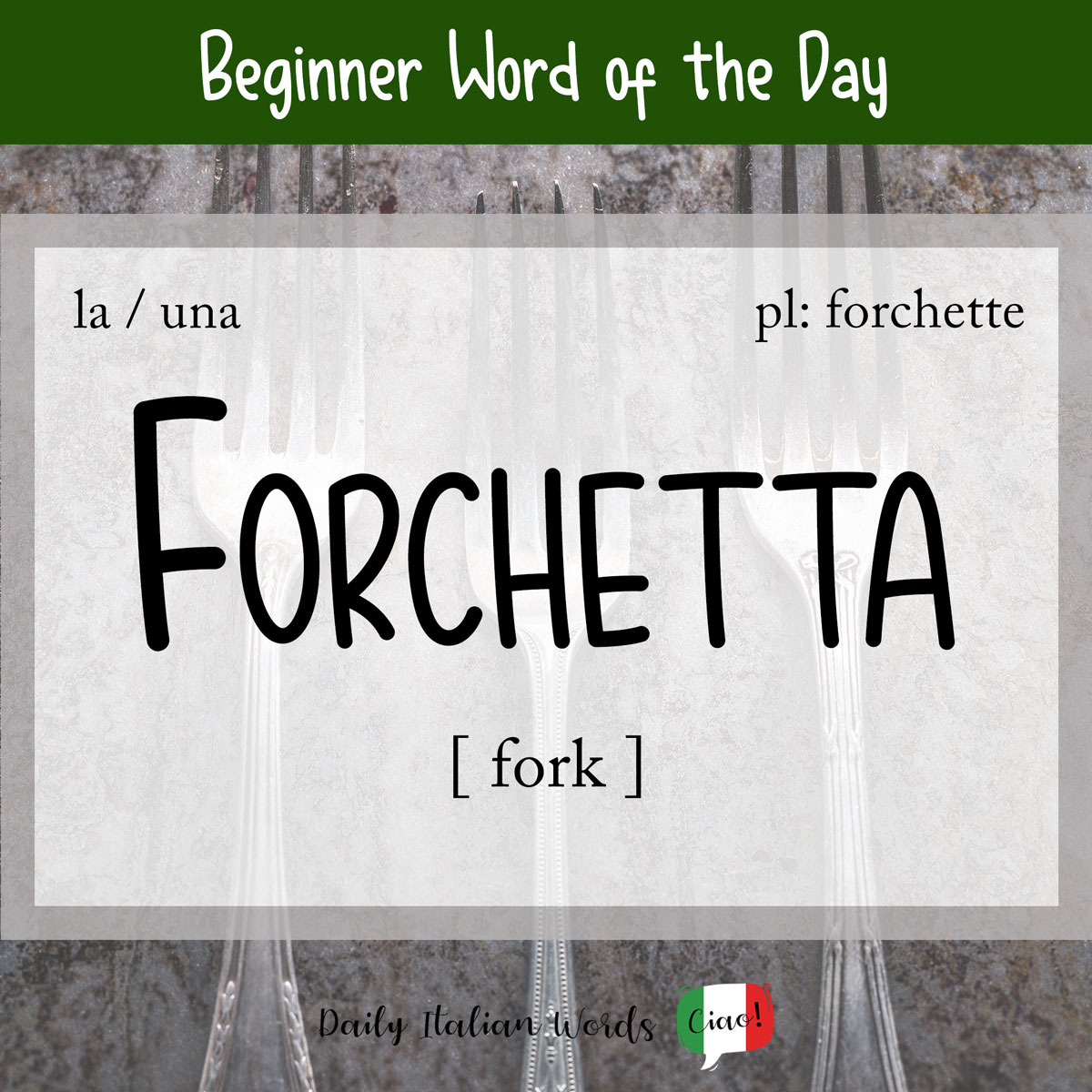Italian Phrase: Non parlo italiano. (I don’t speak Italian.)
If you are travelling around Italy, but speak very little to no Italian, a phrase you will probably have to use at some point is «Non parlo italiano» which means “I don’t speak Italian“. Non parlo italiano. I don’t speak Italian. Non is an adverb whose purpose is to express negation. It is one of …






